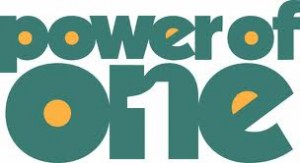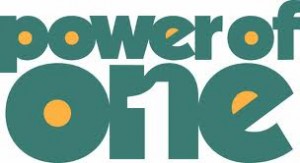The Power of One, Part Three: Lawyer as Advocate
 Note: This is the third installment in a four-part series of blog posts; you’ll find part one here, and part two here.
Note: This is the third installment in a four-part series of blog posts; you’ll find part one here, and part two here.
Popular media most frequently depict lawyers in an advocate role. Specifically, the media shows a lawyer parading in front of a jury, pounding on a lectern and giving a grand oratory performance. These, incidentally, are things that appealed to me about being a lawyer. I like theater, and I like competition.
I started my law firm clerkship with a bang with all the theatre and gamesmanship I could have wanted. In the summer of 1999, I participated daily in a six-week jury trial that led to a $100 million verdict. We were thrilled because the jury assigned no liability to our client, a third-party defendant. The plaintiff, of course, was ecstatic. I found the experience thrilling. More so, because I hadn’t been part of the three years leading up to that six weeks. And I didn’t play much of a role in the years of appellate proceedings that followed. The pace of litigation takes years to learn, and a good while longer to figure out how to explain to a client.
But even at that nubile stage I could see that a trial “victory” comes at great expense. The plaintiff-municipality had incurred enormous costs, not the least of which was diversion from present endeavors, that redressing the past requires. And our client, while clearly a winner at trial, had incurred heavy costs as well. The longer I practiced the more I learned that most civil cases boast no definitive victor. More than 90% of cases settle before trial, typically requiring compromise on all sides. Because of all the incentives to resolution, the rare case that doesn’t settle often has circumstances suggesting blame cannot be assigned so neatly.


